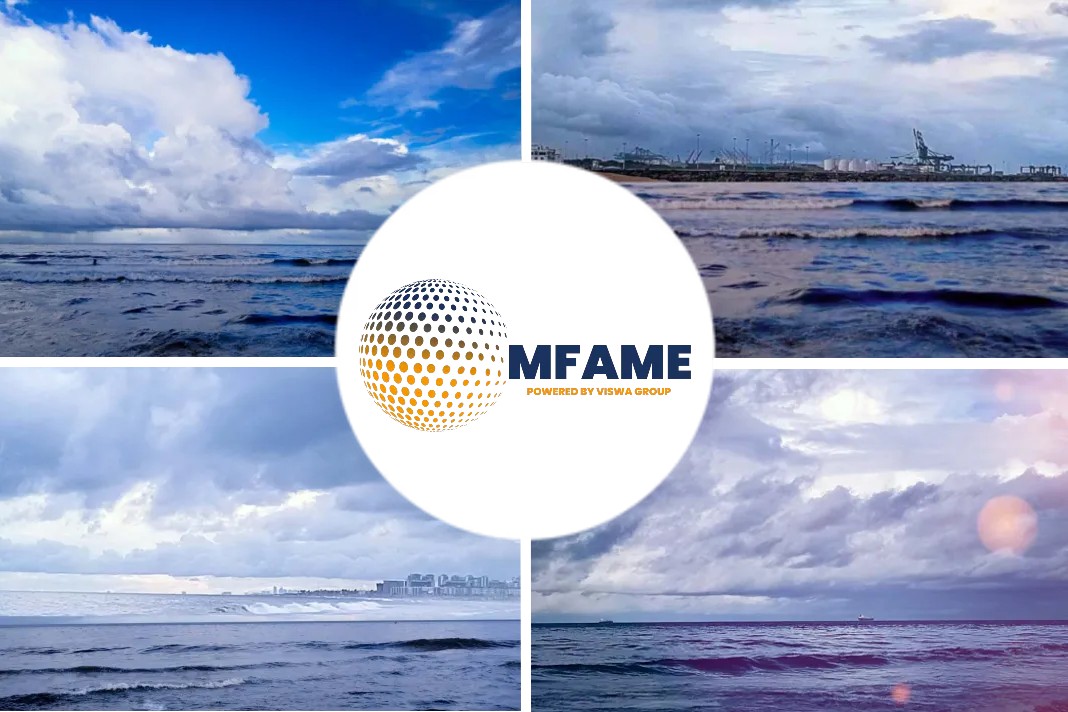Discipline is the answer to self-inflicted problems in the shipping industry, owners claim.
Shipowners are required to stay disciplined and stop trying to outmanoeuvre each other in the race for ordering new buildings if they want to emerge from a myriad of self-inflicted problems, owners at Lloyd’s List business briefing in Singapore said.
Plagued by overcapacity:
The industry is suffering as a whole from overcapacity, there have been massive changes in regulations for fuel propulsion, and charterers are constantly asking for lower rates and newer ships, MISC’s chief executive Yee Yang Chien said.
In such an environment, owners who are stuck with old fleets are struggling to renew their fleet as financing is inaccessible, he said.
“It is a difficult time in general for tanker owners,” Mr. Yee said.
In the LNG market, spot charter rates had hit an all-time low and the number of new ships coming in the next few years does not suggest things will improve; while on the petroleum side, the industry had two good years but in the next two years, more ships are hitting the market, added Mr. Yee.
“We are in the situation we are now because clearly, the owners are undisciplined,” Aurora Tankers’ head Kenny Rogers asserted.
He said it is not the charterers who are pushing the rates down but the owners who are causing their own problems.
“We are in an over tonnaged situation which was created by the owners and not created by the charterers,” Mr. Rogers said, adding that until owners become disciplined, and until the financiers and banks join in being disciplined, the mess will continue.
“I’m not negative, I’m realistic,” he added.
Handling supplies:
BIMCO recently forecast crude oil tanker deliveries in 2017 to be on a par with 2016, which saw 23m DWT of new shipping capacity.
It said this highlights the need to handle the supply side, as demand growth will not support the market to the extent it did in 2016, affirming the views of the owners. For example, a record 12 very large crude carriers were delivered in January, which brought the total VLCC fleet above 700 ships.
“Managing the supply side is essential to ease the pain and avoid a marked dip in the fundamental balance that would take years to overcome,” according to BIMCO.
Three step protocols:
Mr. Rogers said there is a three-step protocol to solve some of the overcapacity issues in the industry: what he called “the three S’s”.
“Number one is stop building; number two is to stop running ships like donkey carts and understand that there is technology there to improve, and number three is to stop making decisions with the cognitive side of your brain and use the analytical side of the brain,” he said.
Western Bulk’s chief executive Jens Ismar said he agreed the industry should have some restraint, but unfortunately shipping decisions are often based on whether one owner can outsmart another.
Demolition not the answer for over tonnage issues:
Braemar Asia’s head Denis Petropoulos said every ship-owner has the right to believe they are smarter than the others but they should not be copycats, otherwise, it becomes a problem for everyone.
He added there are many owners who have been in the business for generations and have been replacing their fleet responsibly.
Mr. Petropoulos said even demolitions may not be the answer to the over tonnage issues as there is not enough demolition capacity in the world to handle all ships over 20 years old.
“There’s a big fleet out there and it can’t all be removed at the same time”, he added.
Did you subscribe for our daily newsletter?
It’s Free! Click here to Subscribe!
Source: Lloyds List






















